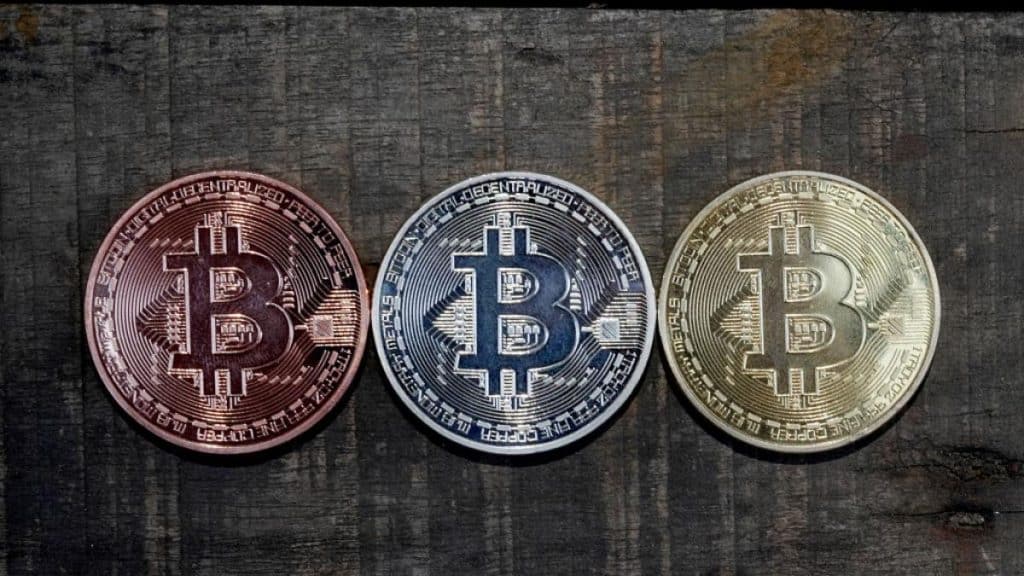Economic power has traditionally been concentrated in the hands of a few large institutions—governments, central banks, and multinational corporations. These entities have long held the reins of financial systems, making decisions that impact the lives of billions worldwide. However, with the advent of decentralized currencies, we are witnessing a significant shift in this power dynamic. This transformation is paving the way for a more equitable distribution of economic influence, democratizing financial systems, and empowering individuals.
Decentralizing Economic Power
Shifting Power from Centralized Entities
One of the most significant impacts of decentralized currency is the shift of economic power from centralized entities to individuals and smaller groups. In traditional systems, central banks control the money supply, set interest rates, and regulate financial institutions. These decisions often benefit the elite and powerful, leaving the average person with little control over their financial future.
Decentralized currency challenges this model by giving individuals direct control over their assets. Without the need for intermediaries, people can transact directly with one another, reducing reliance on traditional financial institutions. This shift empowers individuals and communities, particularly those in regions with limited access to banking services.
Empowering the Unbanked and Underbanked
A significant portion of the world’s population lacks access to basic financial services. These individuals, often referred to as the unbanked or underbanked, are excluded from the global economy, unable to participate in the financial systems that many of us take for granted. Decentralized currency offers a solution to this problem by providing a means of transacting that does not require a bank account. You can also explore quantum apex ai for further information.
Through decentralized platforms, anyone with an internet connection can send and receive funds, store value, and engage in commerce. This accessibility is particularly beneficial in developing countries, where traditional banking infrastructure is often lacking. By enabling financial inclusion, decentralized currency is helping to lift people out of poverty and integrate them into the global economy.
Reducing the Influence of Traditional Financial Institutions
Decentralized currency also reduces the influence of traditional financial institutions. In the current system, banks and other financial entities have significant control over the flow of money. They can impose fees, restrict access, and even freeze accounts at their discretion. This centralized control can lead to corruption, inefficiencies, and a lack of transparency.
By contrast, decentralized currency operates on a transparent and open ledger, where all transactions are visible to the public. This transparency reduces the potential for fraud and corruption, as all participants have access to the same information. Moreover, the lack of intermediaries means that transaction costs are often lower, making it more affordable for individuals and businesses to participate in the economy.
Challenges and Considerations
Regulatory Uncertainty
Despite its potential, decentralized currency faces several challenges, the most significant of which is regulatory uncertainty. Governments around the world are still grappling with how to regulate this new form of money. Some countries have embraced decentralized currency, while others have implemented strict regulations or outright bans.
This lack of regulatory clarity can create uncertainty for users and investors, potentially hindering the widespread adoption of decentralized currency. However, as more people recognize the benefits of decentralization, there is hope that regulatory frameworks will evolve to accommodate this new economic paradigm.
Security Concerns
Another challenge associated with decentralized currency is security. While the technology behind these currencies is generally secure, the platforms and exchanges that facilitate their use are not immune to hacking and fraud. High-profile security breaches have occurred, leading to significant financial losses for users.
To mitigate these risks, it is essential for users to take precautions, such as using secure wallets, enabling two-factor authentication, and conducting transactions on reputable platforms. As the technology matures, we can expect improvements in security measures, making decentralized currency an even more reliable option for transacting.
Conclusion
The rise of decentralized currency is fundamentally altering the global economic landscape. By shifting power away from centralized institutions and empowering individuals, it is democratizing financial systems and offering new opportunities for economic inclusion. While challenges remain, the potential benefits of decentralized currency are too significant to ignore. As we continue to explore and refine this technology, we may well find ourselves on the cusp of a new era of economic empowerment, where power is more evenly distributed, and individuals have greater control over their financial destinies.

